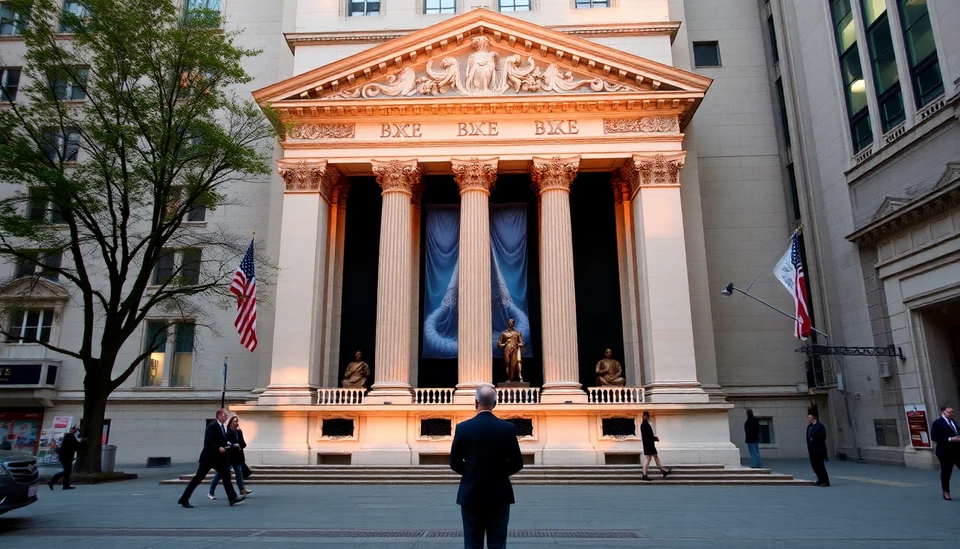
Traders in the financial markets are recalibrating their expectations regarding future interest rate cuts by the Bank of England (BOE) following a notable increase in wages across the United Kingdom. This development has sparked a shift in sentiment, suggesting that the BOE may take a more cautious approach to its monetary policy in the coming year.
The latest data indicates that UK wages have surpassed pre-pandemic levels, which has raised concerns about persistent inflation. This resurgence in pay packages is a crucial factor that could lead the BOE to reconsider its strategy to lower interest rates as inflationary pressures remain high. Investors are now predicting fewer cuts than previously anticipated as the labor market displays resilience and wage growth remains robust.
Market analysts noted that the increase in wages could support consumer spending and overall economic growth. As a result, the BOE faces a challenging predicament where it must balance controlling inflation while supporting a thriving economy. The latest wage growth figures have introduced uncertainty into the BOE's outlook, making it essential for policymakers to assess the broader economic environment closely.
In light of these developments, traders are adjusting their positions in the bond markets and other financial instruments. Yields on UK government bonds have already begun to reflect this shift in expectations, showing signs of stability as participants recalibrate their forecasts based on the new wage data. Consequently, the yield curve appears to be flattening, indicating a growing belief that the BOE may retain a more hawkish stance for an extended period.
With inflation remaining a key concern for the UK economy, the BOE is likely to adopt a monitoring approach before implementing any cuts. Central bank officials have previously emphasized their commitment to managing inflation rates and ensuring that they return to target levels. The meeting minutes and economic projections from the upcoming BOE meetings will be closely analyzed for any signs of shifts in monetary policy direction.
As the economic landscape evolves, stakeholders across multiple sectors remain vigilant. The trajectory of the labor market, combined with wage growth trends, will play a pivotal role in shaping future monetary policies and interest rates set by the Bank of England.
Investors are advised to keep a close watch on upcoming economic reports and BOE communications, as these will provide critical insights into how the central bank is likely to navigate the challenges of inflation and wage growth in the months ahead.
In conclusion, the momentum indicated by rising wages could significantly influence the BOE's decision-making process as it aims to strike an equilibrium between stimulating economic growth and curbing inflationary pressures.
#BOE #InterestRates #UKWages #EconomicGrowth #Inflation #MonetaryPolicy #UKEconomy #Traders #MarketAnalysis #BankOfEngland
Author: Laura Mitchell




